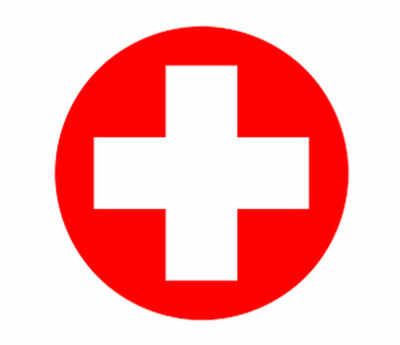Health Hazards of Obesity A Crisis By Dr Gautam Arora Neurologist
Industry: Healthcare
Impact of Obesity on Body and Mind By Dr Gautam Arora Neurologist
Monroe, NJ (PRUnderground) March 22nd, 2022
More than one third of U.S. adults and 16% of U.S. children are obese. Being obese, whether by genetic factors, metabolism, hormonal imbalances or changes, body type , medical conditions, such as hypothyroidism or Cushing’s disease, side effects of medication, smoking cessation, or poor lifestyle habits. Obesity can contribute to a multitude of health effects, including problems with:
- the respiratory system and sleep (sleep apnea; asthma)
- the digestive system (GERD; gallstones; eating disorders)
- the reproductive system ( pregnancy complications; infertility; impotence)
- the endocrine system (pancreatitis; fatty pancreas)
- the cardiovascular system (heart attack; elevated cholesterol/atherosclerosis;; hypertension; peripheral vascular disease; stroke)
- mental health (depression)
- liver (nonalcoholic fatty liver disease; nonalcoholic steatohepatitis-
- kidneys (kidney stones; chronic kidney disease)
- the musculoskeletal system (osteoarthritis; gout)
- the immune system (inflammation; lowered immunity)
How is obesity treated? The best way to lose weight is to eat less and move more. Little steps mean a lot. Losing just 10% of your body weight can make a difference in your health. You’ll have the most success if you make a long-term plan with your doctor. Your first goal will likely be to improve your health, not to reach an ideal weight. Some people take medicines or have surgery to help them lose weight. Your doctor may also suggest counseling. If you use food to cope with depression, loneliness, anxiety, or boredom, you can learn new skills to deal with those feelings. You might want to try weight-loss medicines or have weight-loss surgery if:
- You do not lose weight after you have tried healthy eating and more activity for 6 months.
- You keep gaining weight.
- You have lost weight several times only to regain it.
- Your doctor is concerned about a health problem related to obesity, such as heart disease or diabetes.
- Lifestyle changes. Most people have more success when they make small changes, one step at a time. For example, you might eat an extra piece of fruit or add more vegetables to your meals. One of the best ways to increase your activity is by walking.
- Medicine may help you lose a small amount of weight. But without permanent changes in eating and exercise habits, most people gain weight again after they stop taking the medicine.
- After surgery, you will need to make big, lifelong changes in how you eat, including smaller portions and different foods.
About NPMC Neurology and Pain Management Clinic
NPMC Neurology and Pain Management Clinic
E164/1 Kamla Nagar Delhi
info@neuroandpain.clinic
www.neuroandpain.clinic
+918810340685






